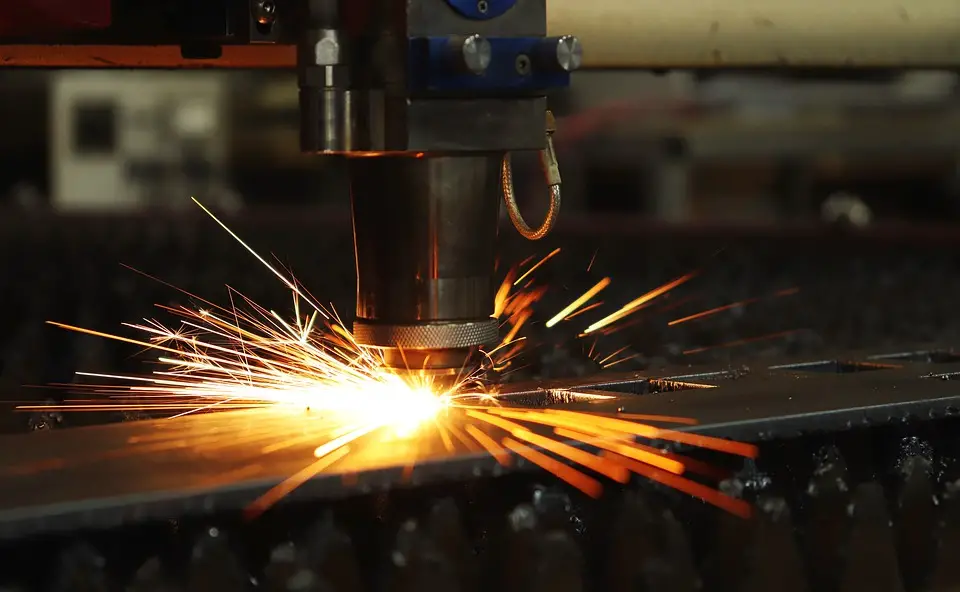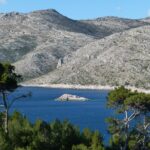As Poslovni Dnevnik/Darko Bicak writes, Zoran Krstovski, Arosa Grande’s director, explained that about 40-50 percent of the total construction costs of their facilities fall on galvanised pipes, which have become the most expensive of all the materials they require.
“Last year, the price of galvanised pipes, which are six cm in diameter and which we mostly use, was 5.7 kuna per kilogram, and today it costs more than 17 kuna. This has made our business very difficult because it’s now hard to estimate what the total investment costs will actually turn out to be.
We used to make offers that were valid for one month, and now those offers have been reduced to a mere seven days. In addition, in order to avoid unwanted situations and costs with clients, we accept jobs and sign contracts only for those projects that we can implement with the material we currently have in stock,” said Krstovski. He hopes that the price of iron will stabilise eventually and come back down to a more realistic level, because the current situation is causing very serious problems in business operations and planning for many companies, whether they sell iron or buy it.
The value of a project carried out by the Zagreb company Arosa Grande pusually depends on the customer’s own individual requirements, and so far, their largest individual job has come with the enormous price tag of 970,000 euros, while one project amounting to 1.3 million kuna is currently under construction.
As Ivan Djodj, the owner and founder of the company explained, when he founded the Zagreb company Arosa Grande way back in 2008, his first idea was to create products that would help farmers protect their hay bales from rotting under different weather conditions.
He therefore wanted to devise something that would be airy enough to preserve the quality of the hay, and yet firm enough and long-lasting to be able to withstand years of sun, wind, rain, and snow. With that, Arosa Grande’s very best-selling and most sought-after product was created – a tunnel canopy for hay.
“A simple calculation says that farmers who store their hay bales in such facilities annually save about 150 euros per head on livestock feed because the food retains many nutrients that would otherwise disappear. There’s also an ecological aspect to it. The usual way of covering a roll of hay with nylon is very harmful to the environment. The foil with which the bales were covered is decomposed by the wind and rain. Torn pieces of plastic foil fly everywhere, and a good amount of those pieces of plastic would end up plowed up in the fields.
As is well known, nylon takes more than one hundred years to break down and decompose, so the plastic plowed into the soil slowly releases toxic chemicals, which also reach rivers, lakes and the sea. The soil is then no longer suitable for organic farming and due to the cessation of oxygen flow, which makes it become infertile. During the decomposition process itself, microscopic poisonous particles are formed which then eventually penetrate into the food chain,” explains Djodj.
Very quickly, the Zagreb company Arosa Grande expanded its range of products to canopies for storing and drying wood, and then came other products – multi-purpose warehouses for storing agricultural machinery, raw materials, work machines, devices, vehicles and more, and then barns for livestock and other animals.
As Krstovski pointed out, to date, they have designed and installed more than 1,000 facilities across Croatia, Slovenia, Austria, Germany, Slovakia and Bosnia and Herzegovina. Arosa Grande has its own design and commercial, while everything else is done through subcontractors. This is reflected in the fact that they have two to three employees and about 30 subcontractors, with their annual revenue being slightly less than 10 million kuna in total.
For more, make sure to follow our dedicated business section.










